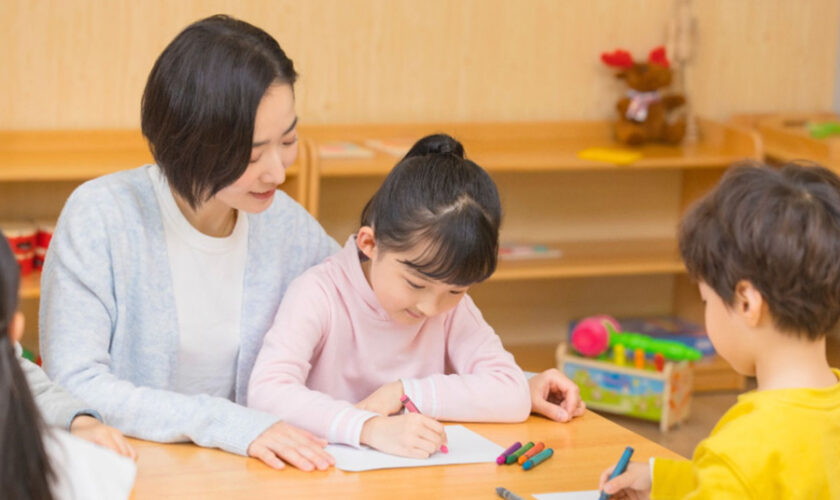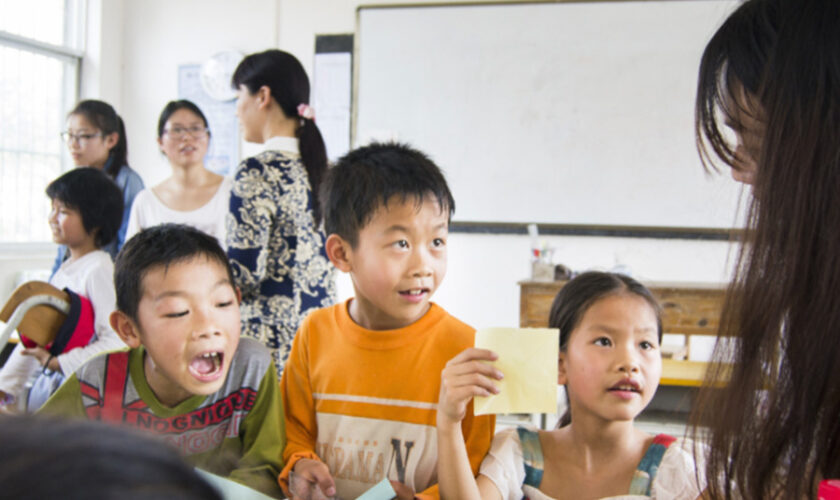For many parents in Singapore, navigating the Chinese language curriculum can present significant challenges for their children. While the school system provides foundational instruction, specific learning hurdles often necessitate additional support. Identifying when to engage Chinese tutors is not merely about improving grades, but about addressing underlying difficulties in comprehension, oral communication, or written expression that impede a child’s overall proficiency and confidence. Early intervention from experienced Chinese tutors at a Mandarin preschool prevents these minor hurdles from escalating into substantial academic setbacks, ensuring the child develops a positive long-term relationship with the language.
Oral Communication and Confidence Gaps
One of the most immediate indicators that a child might benefit from Chinese tutors is a persistent reluctance or inability to communicate orally in Mandarin. This often manifests as shyness during oral presentations, difficulty answering questions in class, or a general avoidance of speaking Chinese even when prompted. While a child might understand passively, a lack of active oral participation signals a significant gap in fluency and confidence. The classroom setting, particularly with larger groups, might not provide sufficient one-on-one practice for a child to overcome this hurdle.
A dedicated tutor provides a safe, low-pressure environment where the child can practise speaking extensively without fear of judgment. This personalised interaction helps them refine pronunciation, expand conversational vocabulary, and build the confidence needed to engage actively. Even children who attended a Mandarin preschool might still struggle with the transition to more formal primary school oral examinations, making targeted tutoring essential to bridge this gap.
Comprehension and Reading Difficulties
Struggles with reading comprehension represent another critical hurdle. This involves an inability to understand the meaning of passages, interpret contexts, or answer comprehension questions effectively. Children might be able to recognise characters individually but struggle to make sense of them within a sentence or paragraph. This often points to a weak vocabulary base, insufficient exposure to varied texts, or a lack of effective reading strategies.
Chinese tutors can pinpoint the exact nature of these comprehension difficulties. They employ targeted strategies to build vocabulary through context, teach techniques for identifying keywords, and guide the child through inferential thinking necessary for deeper understanding. Unlike a general classroom setting, a tutor can spend dedicated time breaking down complex texts, thereby strengthening the child’s reading abilities, which are foundational for all other aspects of language learning.
Written Expression and Composition Challenges
As children progress through primary school, the demands for written expression in Chinese increase significantly, culminating in composition writing. Many children, even those with decent oral skills, struggle with constructing coherent sentences, applying correct grammar, and developing ideas logically in written Chinese. This often stems from a lack of exposure to diverse writing styles, an insufficient vocabulary for descriptive writing, or simply a fear of the blank page.
Experienced Chinese tutors work on these specific weaknesses. They introduce structured approaches to composition writing, helping children brainstorm ideas, organise their thoughts, and use a richer vocabulary. They provide immediate feedback on sentence construction and grammatical errors, which is difficult to achieve in a large class. Whether the child’s foundation was built in a Mandarin preschool or through home learning, a tutor provides the specific guidance needed to translate ideas into effective written Chinese, fostering both skill and confidence. For example, Hua Language Centre offers programmes specifically designed to overcome these common writing challenges.
5 Key Indicators for Engaging Chinese Tutors
- Oral Reluctance – The child avoids speaking Mandarin and lacks confidence in class.
- Persistent Low Scores – Consistently performing below average in comprehension or composition.
- Difficulty with Homework – Requires excessive parental help for Chinese assignments.
- Frustration/Dislike – Expresses strong aversion or anxiety towards learning Chinese.
- Teacher Feedback – The school teacher highlights specific, ongoing language deficiencies.
Conclusion
Identifying the precise learning hurdles your child faces in Chinese is crucial for determining when to engage Chinese tutors. From oral communication to written expression, personalised support addresses these challenges directly, transforming potential struggles into sustained proficiency and a positive attitude towards the language.
Contact Hua Language Centre today to explore how our experienced Chinese tutors can provide targeted support.











